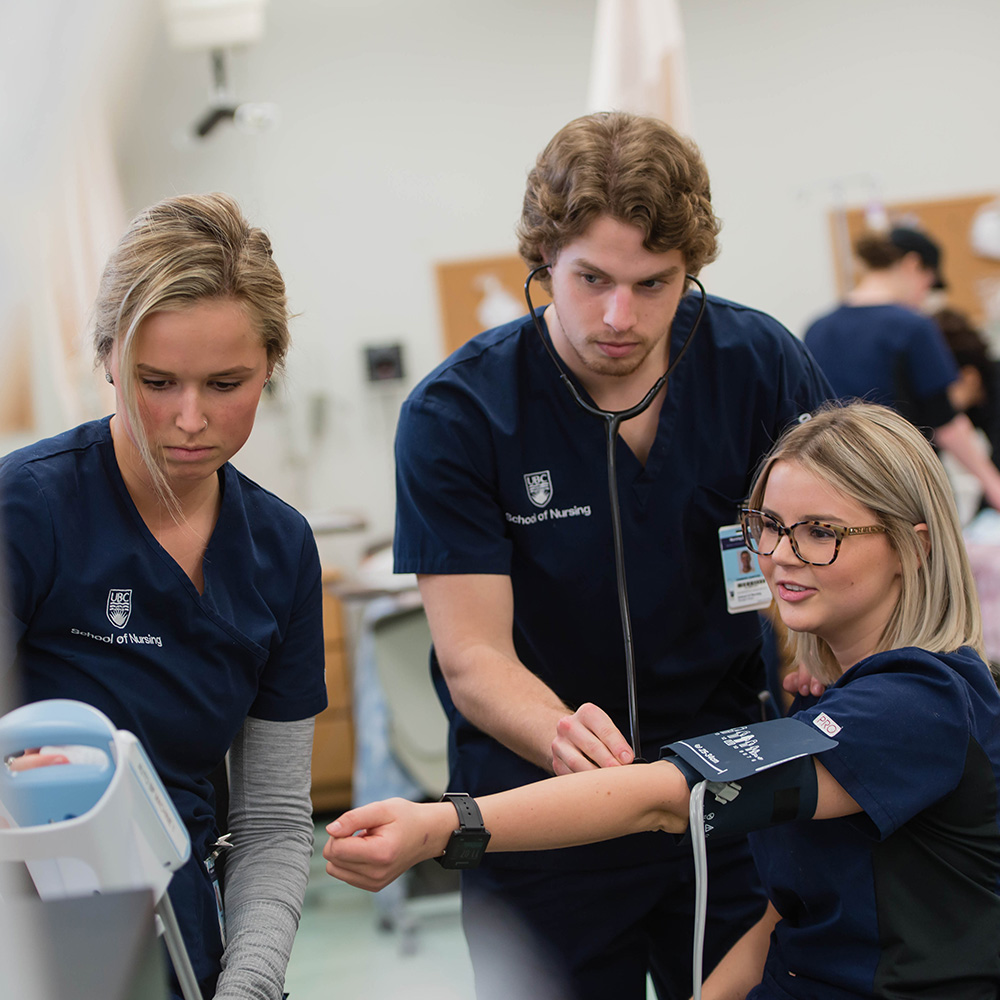Continuing and Professional Education

In a rapidly changing world, UBC Okanagan recognizes the growing demand to provide education and training that is responsive to the shifting educational needs to enable lifelong learning. UBC Okanagan’s Continuing and Professional Education (CPE) framework addresses this need by creating opportunities for learning that extend beyond traditional degrees through non-credit learning and micro-credential courses and programs.
Micro-credentials recognize stand-alone, short duration learning experiences that are competency-based, align with industry, employer, community and/or Indigenous community needs and can be assessed and recognized for employment or learning purposes.
— Ministry of Advanced Education and Skills Training
Continuing and Professional Education website
UBC Okanagan’s CPE website provides information and resources to support learners pursuing non-credit courses and programs.
Guiding Principles
To establish UBC Okanagan’s presence as a professional and continuing education provider, the following principles will guide our strategy and operations over the first five years. Non-credit programming at UBC Okanagan is guided by Senate Policy O-129: Non-Credit Credentials.
- Programming should enhance the overall UBC Okanagan reputation and be both in the public interest and generate interest from the public.
- Programs should meet community needs while leveraging academic strengths and supporting academic ambitions.
- We recognize that expertise exists within our faculty, staff and community; there is a need to create structures and processes that allow for contributions by a wide range of individuals.
- Our development focus is on programs for post-degree professional learners and/or enhance our students’ learning experience through complementary knowledge, skills and competency development.
- Our development priority is to develop modular, stackable, non-credit credentials that encourage progressive knowledge, skill and competency development and create pathways to higher-level educational outcomes.
- Access and accessibility must be a priority consideration, and off-cycle, online/hybrid and in-community delivery methods should be incentivized.
- Program offerings should be of high quality, reflecting and subject to agreed-upon quality assurance standards for development and delivery that includes a regular review cycle.
- As required by Senate, CPE offerings must be operationally viable, as determined by the Dean of the responsible Faculty in consultation with the Office of the Provost and Vice President Academic. Operational viability considerations may take into account strategic priorities, market size and scalability, financial sustainability, and revenue generation potential.
- Total costs and required resources for development and delivery should be transparent to facilitate an appropriate financial model that incentivizes the growth of CPE programming. Our development frameworks should support risk-taking and risk-sharing.
- There should be a centralized coordination of offerings to: encourage consistency of learner experience and internal collaboration between academic units.
Micro-credential Development
Faculty members with an idea for a new non-credit program are encouraged to connect with the CPE team within the Office of the Provost and Vice-President, Academic to learn about the support and services available to develop and deliver non-credit programming.
The CPE team provides expertise and consultation to support Faculties in developing new non-credit learning opportunities that are financially feasible, meet industry and learners’ needs and market demand, and align with provincial and university priorities.
More resources for developing micro-credentials:
Program Spotlight
Non-credit programming at UBC Okanagan has grown rapidly in recent years, with innovative and exciting offerings from Faculties across campus. Learn more about highlighted courses and programs or browse CPE’s entire catalogue of offerings.


